Where Are The Electric Cars?
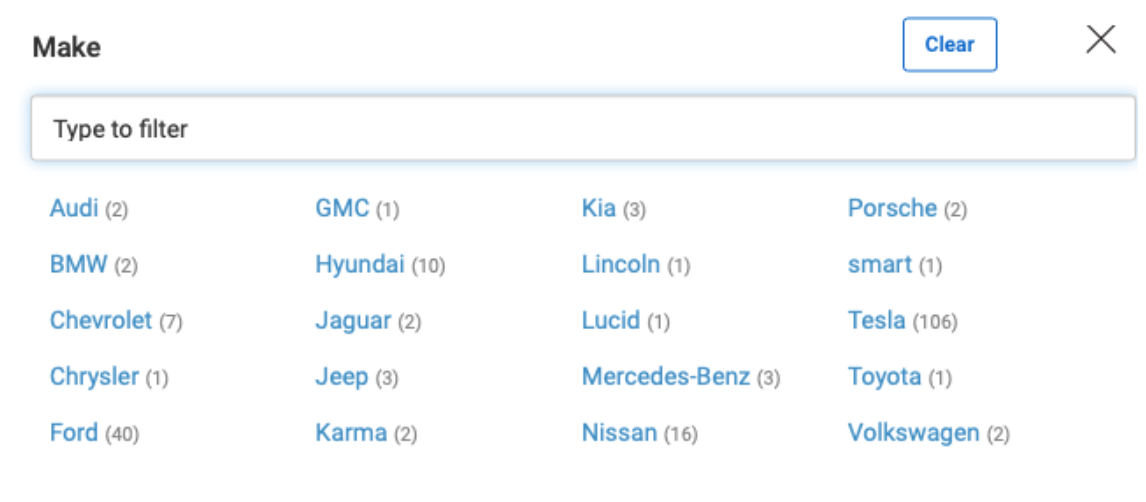
Above are the search results for new and used electric cars for sale in Canada right now on Autotrader - they make up only 206 of the 15,375 listings. It is not much of a selection.
More than half of the listings are for used Teslas or older Nissans and Hyundais. Many of the new listings are just invites to order a car. Listings for the latest generation of EVs that are actually in stock often have $20k-$40k additional dealer markups tacked onto the MSRP. Waiting lists for factory orders start at 6 months for the popular models. Aside from a $90,000 Ford Mustang Mach E, for which there appears to be a decent supply, if you want an EV for immediate delivery you are out of luck.
The luxury dealerships are better, but walking into a volume dealership chances are that there are no EVs for sale, nor anybody who can give any accurate information about delivery times, or e-mobility in general. The sales people will try to tell you that you want a hybrid or ICE because that is all they have to sell.
Despite all this, EV sales are rising exponentially, and are only limited by supply at present. For a large number of buyers, an EV is simply a better choice for their transportation needs. Providing you have a place to charge it and limit its use to a 300km radius around your home, an EV is a better drive and is cheaper to own than an ICE or hybrid equivalent. This is the driver of widespread adoption. Consumers like the idea of being environmentally friendly, but generally won't pay a lot for it.
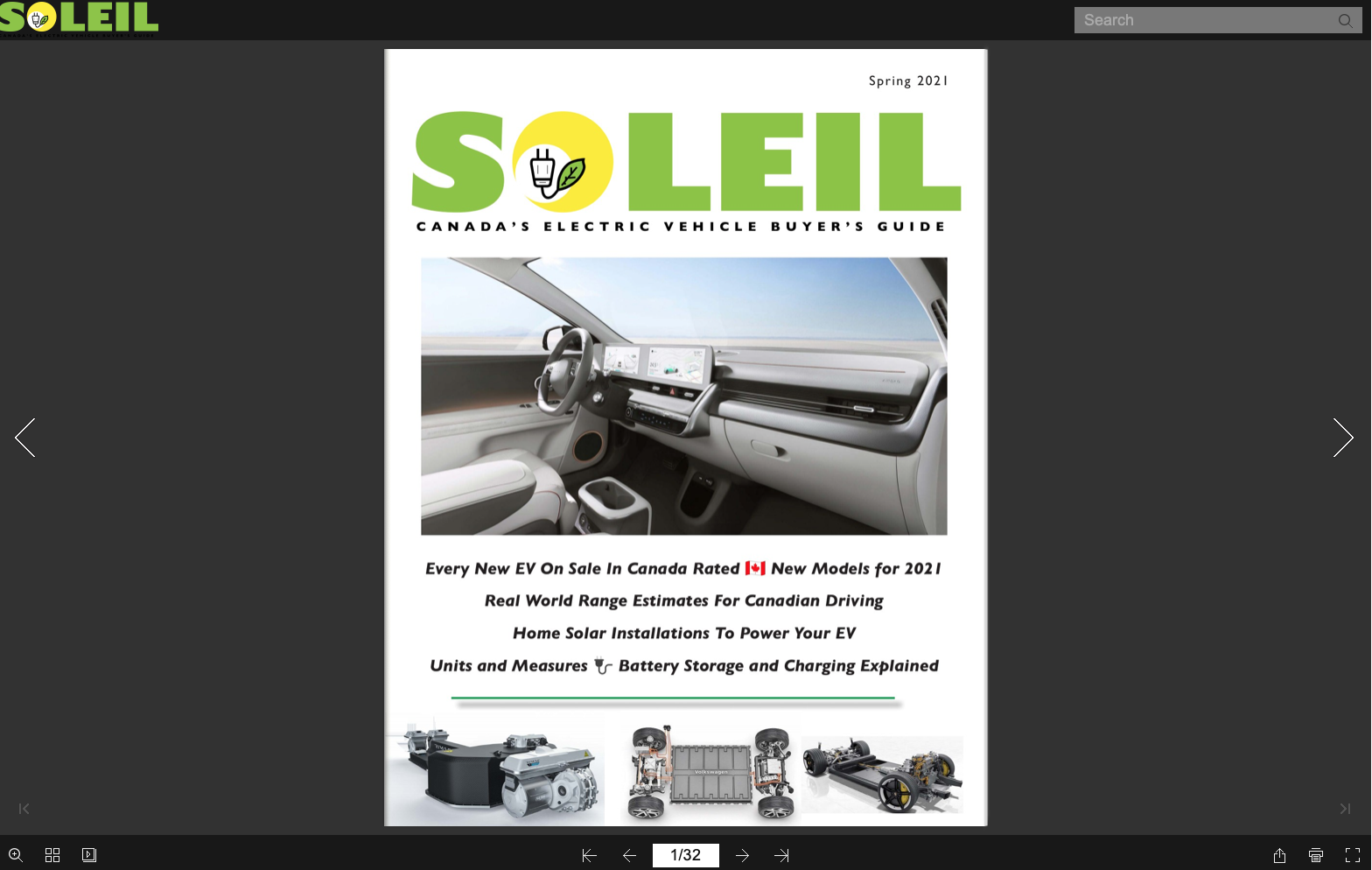
I published an EV Buyer's Guide in the Spring of 2021. I wanted to make sense of all the new units and measures that we all have to get used to with e-Mobility and try to get some accurate numbers for range and charging times applicable to our Alberta climate. Also, I described the selection of EVs that were currently on sale and the ones that were incoming. Periodically, I get psyched up to update it - it's a mammoth amount of work - and then realize that all the information in it is still current! It is like EV production just stood still for 18 months.
It isn't just COVID and the related supply chain issues that have stalled production. Some problems were self inflicted due to internal problems or overly ambitious development schedules.
The VW Group, anxious to put 'Dieselgate' behind them and avoid penalties by not meeting the terms of their settlement with the EPA, fast-tracked both the development of a new family of EVs and the Electrify America/Canada DC fast charge infrastructure. The push to electrification was part of their multi-billion dollar settlement with the EPA.
VW came to the realization that if they were to compete with Tesla, they would have to bring their software development in house. They were outsourcing 90% of it to a patchwork of companies. They announced an incredibly ambitious plan to hire 10,000 software engineers on three continents, develop standardized platforms for all their brands and develop autonomous driving software. Audi's CEO, Markus Duesmann, assumed the lead of a new business unit to develop the software - initially named Car.Software, and later Cariad.
"We are now starting the biggest revolution in the automotive industry. In a few years, a car's operating system and its connectivity with a highly secure data cloud will make all the difference" - Markus Duesmann, Audi CEO, July 2020.
This has proved a lot more difficult than anybody imagined, and has resulted in virtually all the VW/Audi/Porsche/Bentley/Lamborghini EVs being pushed back. The talk of VW and other automakers going 100% electric by 2030 or 2035 is looking increasingly improbable. Widespread fully autonomous driving may be decades away, or may never happen.
The VW ID.3 and ID.4 were rushed to market before the software was ready, and now the owners are needing to play the role of development engineers while VW tries to figure out an update. The ID.4 Facebook page is just full of frustrated owners. These issues recently cost the CEO, Herbert Diess, his job.
Oliver Blume from Porsche now takes over as CEO of the Volkswagen Group. Porsche's software has probably been the least impressive part of their cars, so we will have to wait and see what he can do.
At the time VW announced their MEB EV platform - which would underpin the ID.3, 1D.4 and the ID.Buzz - Nissan unveiled their competitive CMF-EV platform. At the October 2019 Tokyo Auto Show the 'production ready' Nissan Ariya was introduced. It was finally 'launched' this month, with Canadian deliveries starting at the end of this year for the base model.

The production of this car was not helped by the worldwide semi-conductor chip shortage, and it certainly it wasn't helped by the arrest of Carlos Ghosn - the joint CEO of Renault and Nissan. Ghosn was charged with financial impropriety, and was placed under house arrest in Japan. Among other things, the Japanese were unimpressed with the 630,000 Euro birthday party he threw himself at the Palace of Versailles. He wound up smuggling himself out of Japan in a musical equipment case and fleeing to Lebanon - who have no extradition treaty with Japan. They made a NETFLIX documentary on it called "The Fugitive: The Curious Case Of Carlos Ghosn" which I'm looking forward to watching later this month.
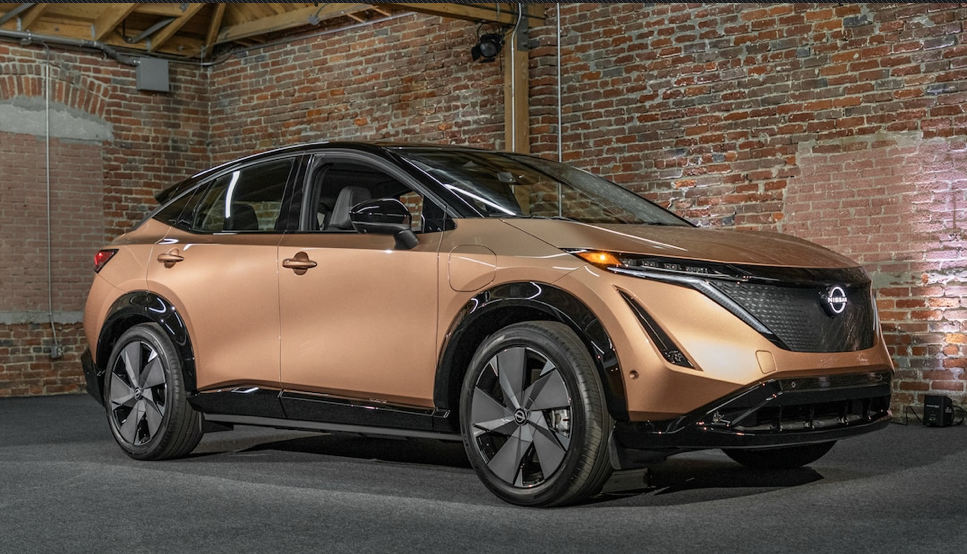
The Tesla Model 3 and Model Y sell at a multiple of every other EV combined. Ford and Hyundai/Kia have made solid progress and Rivian delivered a not-insubstantial 12,000 trucks this year so far. Nissan is still selling a surprising number of their ageing Leafs.
The change to e-Mobility has certainly been filled with drama and intrigue, and I don't expect this to stop. It will be very interesting to see which companies can bring a fight to Tesla, who at the moment have most of the EV market to themselves.
Lawrence Romanosky, Calgary, Canada
Lromanosky@me.com, 403-607-8625

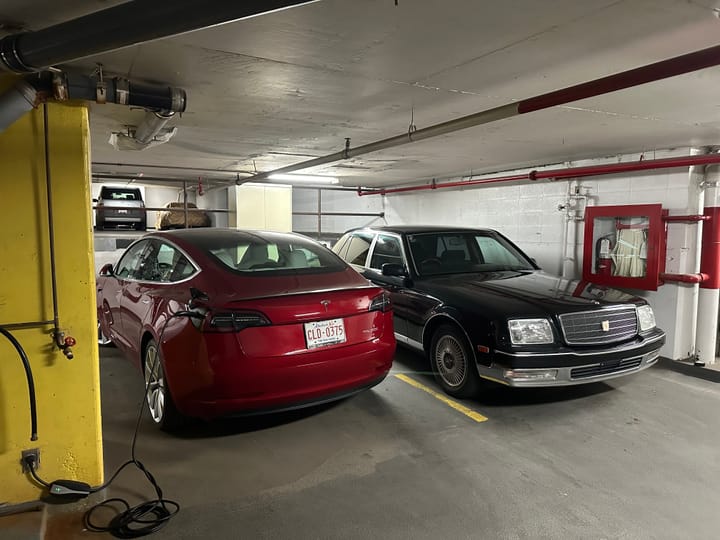
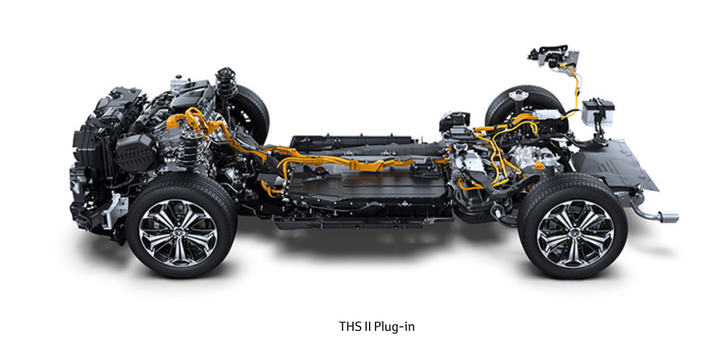
Comments ()